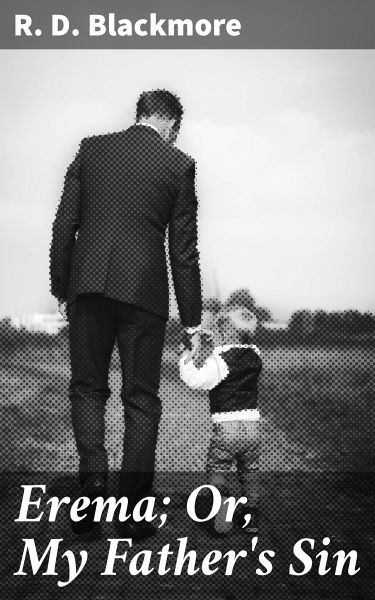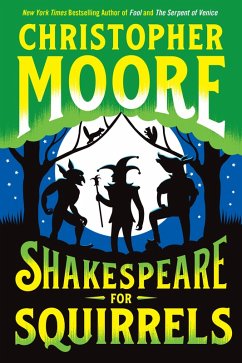
Erema; Or, My Father's Sin (eBook, ePUB)
Enriched edition. Unraveling family secrets in a lyrical tale of love and betrayal
Kommentar: Sutton, Xavier / Redaktion: Good Press
Versandkostenfrei!
Sofort per Download lieferbar
0,49 €
inkl. MwSt.
Weitere Ausgaben:

PAYBACK Punkte
0 °P sammeln!
In "Erema; Or, My Father's Sin," R. D. Blackmore weaves a rich narrative that explores the themes of guilt, redemption, and the intricacies of interpersonal relationships. Set against a backdrop of the English countryside, the novel employs a vivid and descriptive literary style, characterized by Blackmore's masterful command of dialect and detail. The story unfolds through the eyes of Erema, a young woman grappling with her father's enigmatic past and the societal implications of inherited sins, effectively capturing the moral conflicts of the Victorian era and the complexities of personal id...
In "Erema; Or, My Father's Sin," R. D. Blackmore weaves a rich narrative that explores the themes of guilt, redemption, and the intricacies of interpersonal relationships. Set against a backdrop of the English countryside, the novel employs a vivid and descriptive literary style, characterized by Blackmore's masterful command of dialect and detail. The story unfolds through the eyes of Erema, a young woman grappling with her father's enigmatic past and the societal implications of inherited sins, effectively capturing the moral conflicts of the Victorian era and the complexities of personal identity. R. D. Blackmore, renowned for his earlier work "Lorna Doone," draws on his deep appreciation for the rural English landscape and the human condition in crafting this novel. Influenced by his own familial experiences and insights into Victorian social mores, Blackmore's exploration of the protagonist's internal struggles reflects broader societal concerns of his time. He deftly combines elements of romance and adventure, providing a richly textured narrative that is as thoughtful as it is engaging. For those seeking a poignant exploration of moral dilemmas and personal growth, "Erema; Or, My Father's Sin" is a compelling read. Blackmore's ability to intertwine captivating storytelling with profound reflections on sin and redemption makes this novel a must-read for anyone interested in the complexities of human experience within the framework of Victorian literature. In this enriched edition, we have carefully created added value for your reading experience: - A succinct Introduction situates the work's timeless appeal and themes. - The Synopsis outlines the central plot, highlighting key developments without spoiling critical twists. - A detailed Historical Context immerses you in the era's events and influences that shaped the writing. - A thorough Analysis dissects symbols, motifs, and character arcs to unearth underlying meanings. - Reflection questions prompt you to engage personally with the work's messages, connecting them to modern life. - Hand-picked Memorable Quotes shine a spotlight on moments of literary brilliance. - Interactive footnotes clarify unusual references, historical allusions, and archaic phrases for an effortless, more informed read.
Dieser Download kann aus rechtlichen Gründen nur mit Rechnungsadresse in A, B, BG, CY, CZ, D, DK, EW, E, FIN, F, GR, H, IRL, I, LT, L, LR, M, NL, PL, P, R, S, SLO, SK ausgeliefert werden.













